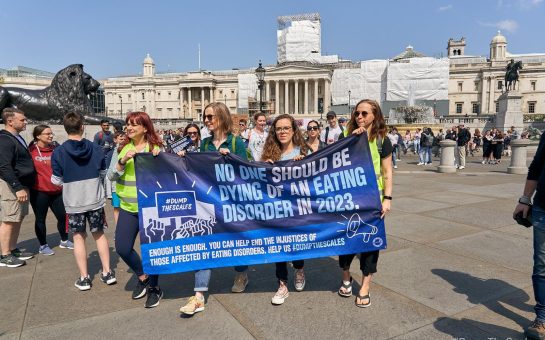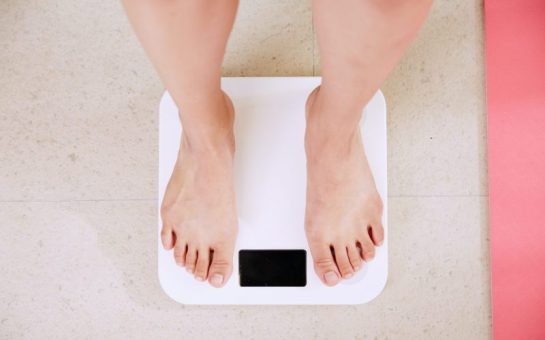An estimated 1.25 million people in the UK have an eating disorder according to Beat, the UK’s leading eating disorder charity.
NHS data also shows that the number of people being treated across England for eating disorders is increasing each year and those people are mostly young women on the verge of adulthood.
Researchers at King’s College London (KCL) carried out two studies at South London and Maudsley NHS Foundation Trust (SLaM) to examine the impact of the service model First Episode Rapid Early Intervention for Eating Disorders (FREED), focusing on 18-25 year olds who are within the first three years of their eating disorder.
SWL spoke to Ulrike Schmidt, professor of eating disorders at KCL, consultant psychiatrist at SLaM, and one of the developers of FREED.
“FREED is the first evidence-based early intervention service model for eating disorders – and it works,” said Schmidt.
She told us that 95% of people who have used FREED are ‘extremely positive about it’.
One of these people is George.
She was referred to a service delivering FREED after her eating disorder worsened when she moved to London on her own at 21 years old.
Within two weeks, George was meeting with a psychologist and she then stayed with the service for 18 months.
“My treatment was completely tailored to me and my lifestyle,” she said. “After my treatment was finished, I left the programme so optimistic and grateful for everything they had given me.”
Now, FREED is to be rolled out in 18 more sites across England, including South West London and St George’s MH Trust, with the support of Professor Schmidt’s team.
Eating disorders include anorexia nervosa, bulimia nervosa, and binge eating disorder. They can affect anyone regardless of their background, can cause serious physical and mental health problems, and can last many years.
A considerable issue is that people with eating disorders can take a long time to reach out for help and when they do it can take months for them to be referred to a specialist service, which can all add up to years without treatment.
The service was shown to reduce the time someone remains unassessed and untreated and to reduce the need for day or inpatient treatment by 35%.
The studies showed that early intervention helps prevent an eating disorder from escalating and is more likely to lead to a full recovery.
The expansion is part of the NHS Long Term Plan to provide an additional £1 billion a year by 2023/24 to improve adult mental health care.
“We are absolutely delighted about the expansion of FREED to 18 more services across England,” Professor Schmidt said.
“It means that many hundreds of young people with eating disorders are being given access to early intervention.”
Beat’s chief executive Andrew Radford also welcomes the expansion.
“We know that the sooner someone gets the treatment they need, the better their chance of recovery, so this should lead to greater numbers of young people going on to live full and successful lives free of their eating disorder,” he said.
“For this to have the intended impact, NHSE must also make it easier for young people to find their way into the FREED programme.
“A simple communication campaign, supported by allowing people to contact services directly without going via their GP, would tackle these obstacles.”
Encouraging people to access help earlier is also a focus for Professor Schmidt, whose team is planning an app to address this.
Of course, another spanner in the works is the pandemic.
Professor Schmidt told us that for young people with eating disorders, Covid has created the ‘perfect storm’ and for many their symptoms have worsened or resurfaced.
Consequently, eating disorder services and voluntary organisations have seen an increase in referrals and more severe cases.
Most services have gone online due to the pandemic, with a mixed reception from patients.

But Professor Schmidt says that if there is one positive to this increased time online it is the creation of more flexible solutions such as apps and Instagram support groups.
FREED recognises there is much more work to be done to improve access to treatment for everyone with an eating disorder and hopes to expand further.
If you think you may have an eating disorder, you should consult your GP.
If you need support for yourself or someone else, visit Beat’s website or call their adult helpline at 0808 801 067 or youth helpline at 0808 801 0711.
Featured image shows a clinical supervision group discussing FREED patients during lockdown. Credit: Ulrike Schmidt




